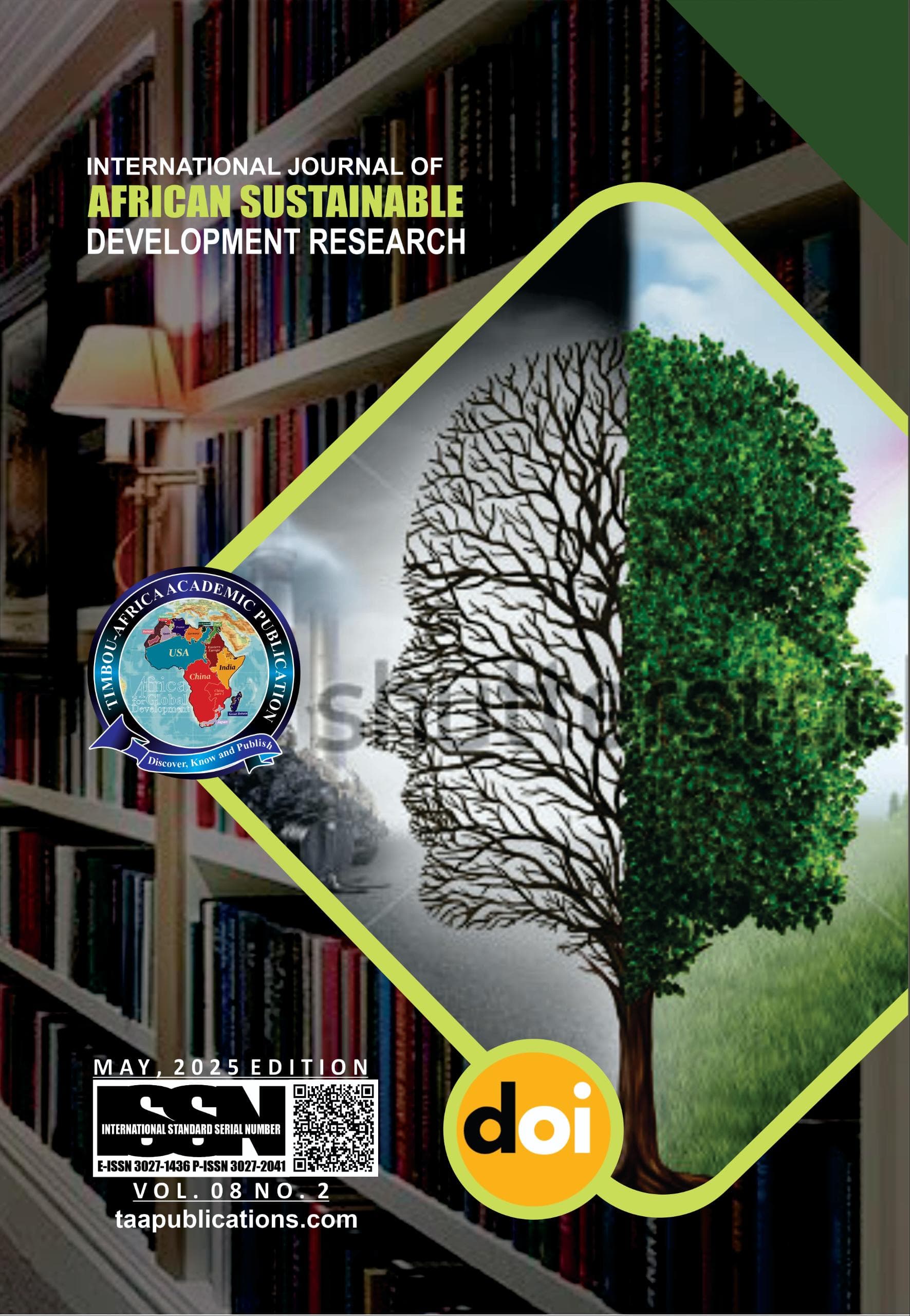APPLICATION OF THE CORRECTIONAL PROCEEDINGS IN THE NIGERIAN SCHOOL SYSTEM: IMPLICATION ON CORPORAL PUNISHMENT, SUSPENSION, DETENTION, EXPULSION, AND ACADEMIC RUSTICATION

Abstract
This study examined the application of correctional proceedings in the Nigerian school system, focusing on the implications of corporal punishment, suspension, detention, expulsion, and academic rustication. Guided by three objectives and research questions, the study adopts a qualitative research design, utilizing document analysis and policy review to investigate disciplinary measures in Nigerian schools. The findings reveal that suspension and detention are common disciplinary strategies, yet their application is often arbitrary and lacks structured implementation. Moreover, expulsion and academic rustication have long-term consequences on students' education, with rustication in higher education institutions criticized for prioritizing punishment over reform. The study concludes that disciplinary measures in Nigerian schools require urgent reform to strike a balance between punishment and rehabilitation. The continued use of corporal punishment, inconsistent enforcement of disciplinary policies, and lack of rehabilitative programs underscore the need for a more structured and student-centered approach to discipline. To address student misconduct effectively, schools should adopt a combination of preventive and corrective strategies. Based on the findings, recommendations are made, including the strict adherence to laws prohibiting corporal punishment, establishment of well-equipped counseling units to address students' behavioral challenges, and provision of alternative education programs for suspended or expelled students. These programs can include online learning options, vocational training, or supervised study periods to prevent academic disengagement. By adopting a more holistic and rehabilitative approach to discipline, Nigerian schools can promote a supportive learning environment that prioritizes students' rights, academic progress, and overall well-being. The study's findings and recommendations have implications for policymakers, educators, and stakeholders in the education sector, highlighting the need for a collaborative effort to reform disciplinary practices in Nigerian schools.
Keywords
School Administration, Correctional Proceedings, Disciplinary Measures, Corporal Punishment, Rehabilitation